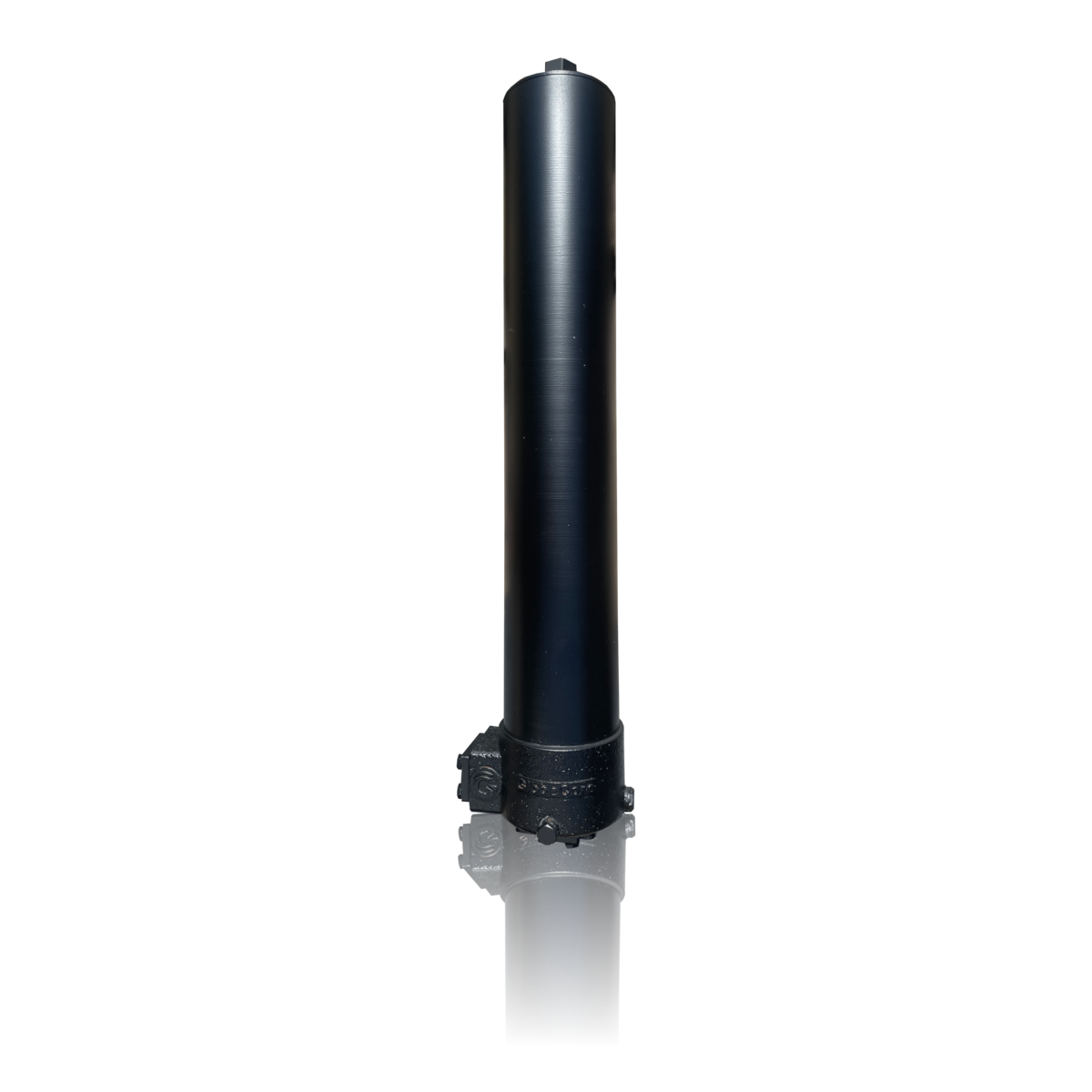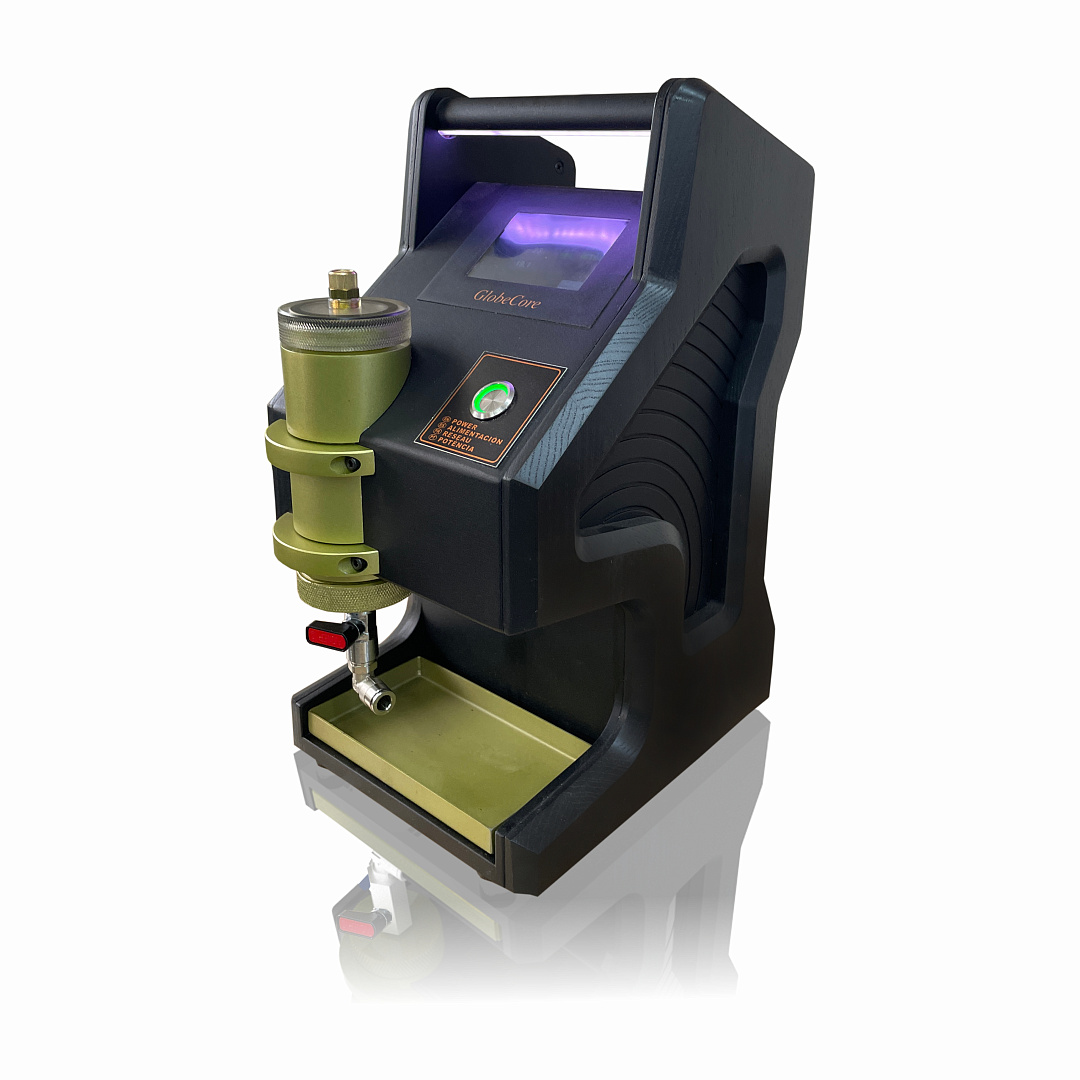Diesel purification
How does Water in Diesel affect engine performance and what solutions exist?
- This topic has 1 reply, 2 voices, and was last updated 1 year, 4 months ago by .
Answers
-
October 5, 2024 at 12:20 pm by Fatima Alhassan
Water in diesel negatively impacts engine performance by causing corrosion, microbial growth, and fuel system blockages. Corrosion occurs when water reacts with metal components like injectors and pumps, leading to rust and degradation that can compromise engine integrity and cause costly repairs. Microbial Growth is facilitated by the presence of water, resulting in the formation of sludge and biofilms that clog fuel filters and injectors, disrupting fuel flow and reducing combustion efficiency. Fuel System Blockages from water can cause erratic engine behavior, increased emissions, and reduced power output, ultimately leading to engine stalling or failure. Solutions to mitigate water contamination in diesel include the use of Diesel Water Separators and Fuel Dryers to physically remove water from the fuel. Fuel Conditioners and Additives can also help by emulsifying or binding water, making it easier to separate. Regular Fuel Testing and Maintenance of purification systems ensure that water levels are kept low, protecting engine components and maintaining optimal performance. Implementing these solutions ensures clean, dry diesel fuel, enhancing engine reliability and efficiency.



